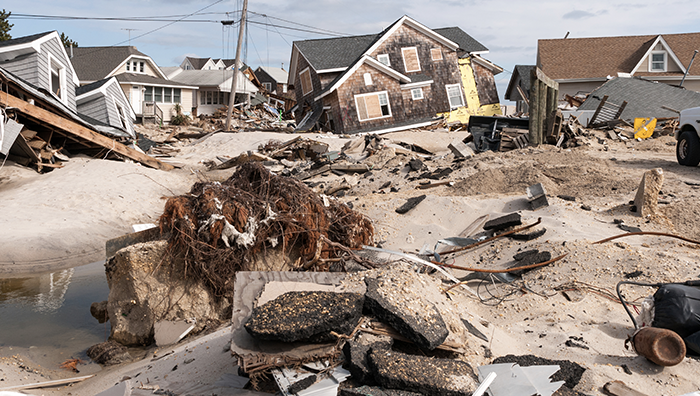Resilience and Justice
Where sustainability aims to put the world back into balance, resilience looks for ways to manage in an unbalanced world.

The term resilience has become extraordinarily popular. A New York Times headline asserts: Forget sustainability. It’s about resilience (November 2, 2012). According to this article, the purpose of developing resilience is to help vulnerable people deal with unforeseeable disruptions: Where sustainability aims to put the world back into balance, resilience looks for ways to manage in an unbalanced world.
In this research paper, Susan Fainstein argues that the term obscures underlying conflicts of interest that are better understood by turning to Marxist concepts of structural antagonisms and dialectical materialism. As currently used, resilience derives from an idealist formulation of social processes that leads planners to propose responses to crisis divorced from reality. At the same time Marxism, even though it allows for clearer analysis, fails to offer much help to practitioners. Neither, however, does the more conventionally acceptable approach of evolutionary resilience provide a guide to practice. Rather it mainly acts as a rhetorical device that fits with a language of planning in which every challenge produces a win-win solution. Planning practice that aims at more just outcomes requires clear statements regarding who benefits, accepts that some groups will bear losses, does not expect consensus, and directs resources toward the most vulnerable.
Author
Susan F. Fainstein
MSSI’s Research Paper series is aimed at showcasing new and exciting sustainability knowledge. The papers are referenced and are subject to an internal academic review process. The Institute hopes this scholarship will stimulate thought and discussion within the University of Melbourne and in the broader community.